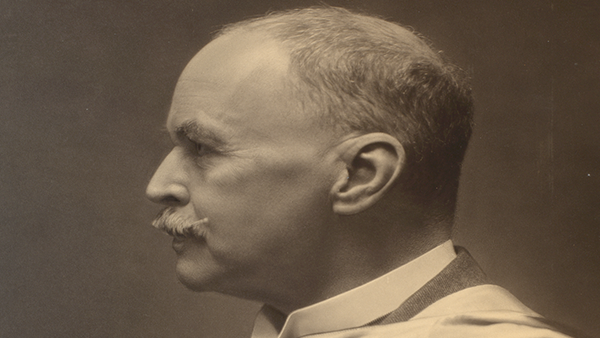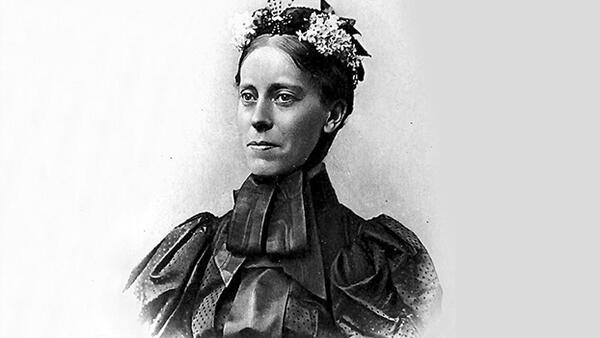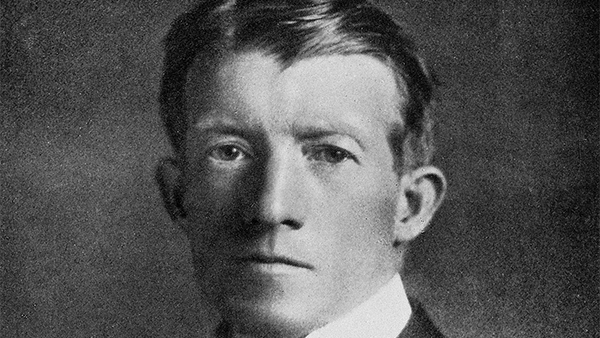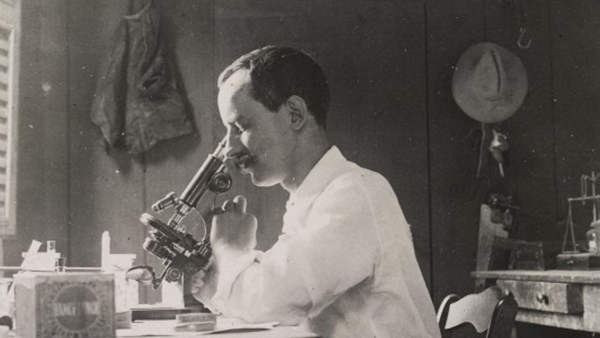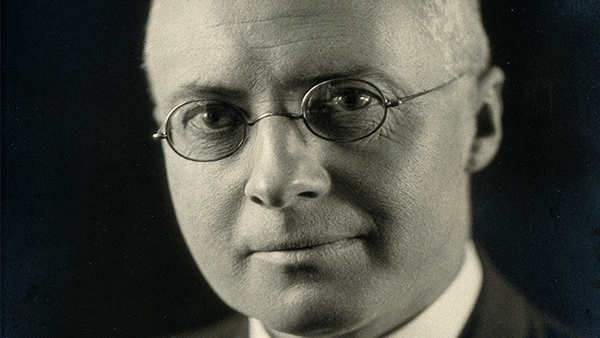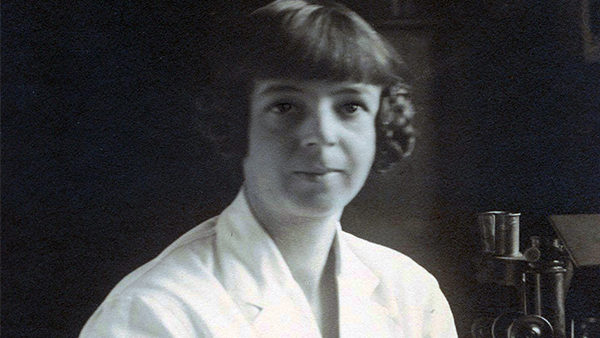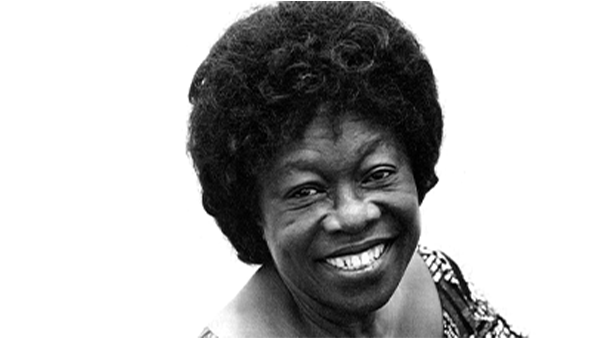
LSTM Innovators
Liverpool School of Tropical Medicine was born out of a need to address the challenges of tropical diseases and we have been at the forefront of translational research and training leaders in global health for 125 years.
Our archives stretch back to before our foundation and provide a commentary on our development as a centre of excellence in tropical medicine and international health.
Founded in November 1898 by Sir Alfred Lewis Jones as the first institution in the world dedicated to research and teaching in the field of tropical medicine. The then Secretary of State to Colonies, Joseph Chamberlain highlighted the need for research into tropical diseases, calling upon the General Medical Council and leading Medical Schools to act.
LSTM has been led and influenced by innovators from its inception. Several firsts associated with LSTM have made and continue to make history.
Rupert Boyce, Liverpool’s city bacteriologist was the first such post in the UK. Ronald Ross, LSTM’s first lecturer in Tropical Medicine and the first British recipient of the Nobel prize, awarded for Medicine in 1902 for his work on the transmission of malaria.
The first overseas laboratory was based in Manaus, Brazil, established in 1905 following an expedition. LSTM was among the first institutions in the world to recognise the importance of studying and understanding the phenomenon of drug resistance.
